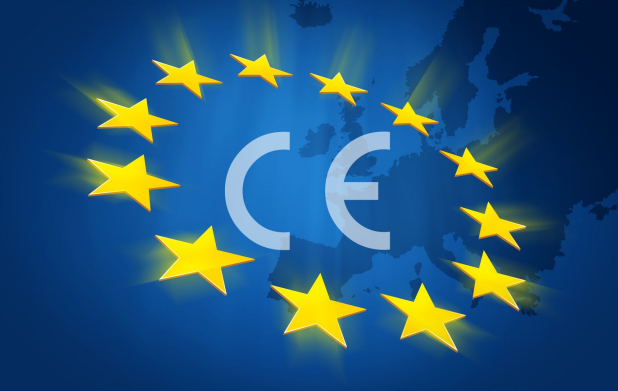Today, with the deepening of globalization, the European market attracts many manufacturers and exporters with its huge consumption capacity and strict quality standards. However, an indispensable step to successfully enter the European market is to obtain CE certification. So why does your product need CE certification?
1. Definition of CE Certification
CE certificate certification is a mandatory product certification system in the European market, which indicates that the product meets the basic requirements of safety, health, environmental protection, etc. as stipulated by the EU directive. The CE mark is a safety qualification mark rather than a quality qualification mark, and is the “essential requirement” that constitutes the core of the European directive.
2. Meaning of CE Certificate
Market Access: CE certification is a necessary condition for products to enter the European market. Products without CE marking will not be sold in the European market and may even be at risk of being confiscated, destroyed or returned by customs.
Consumer confidence: The CE mark signifies that the product meets European safety, health and environmental standards, which can build consumer confidence and improve the market competitiveness of products.
Regulatory compliance: EU directives require that all products sold in its market must meet relevant standards and pass CE certification. Obtaining CE certification is an important guarantee for companies to comply with European laws and regulations and avoid legal disputes.
3. Scope of CE Certification
CE certification applies to many product fields, including but not limited to machinery, electrical equipment, construction materials, medical equipment, toys, etc. If your product belongs to these fields and you plan to enter the European market, then obtaining CE certification will be an indispensable step for you.
4. How to get CE certification
Understand which directive the product belongs to: First, you need to understand which EU directive your product belongs to in order to determine which standards and requirements need to be met.
Choose a certification body: Choose a qualified and experienced certification body to work with, they will provide you with professional guidance and support.
Prepare technical documentation: Prepare relevant technical documents according to the certification body’s requirements, including product description, user manual, test report, etc.
Conduct testing and evaluation: The certification body will test and evaluate your product to ensure that it meets the relevant standards and requirements.
Issue CE certificate: If the product passes the test and evaluation, the certification body will issue a CE certificate to prove that your product meets European safety, health and environmental standards.
CE certification is a necessary requirement for products to enter the European market, and it is also an important guarantee for companies to comply with European laws and regulations and improve product competitiveness. Please be sure to choose a qualified and experienced certification body to work with to ensure that your products can pass certification and successfully enter the European market.














